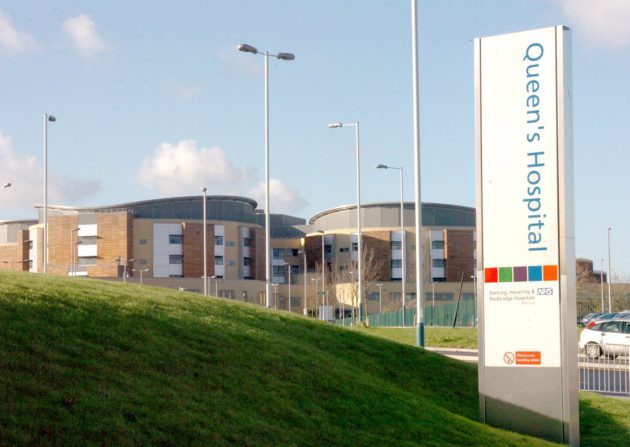Radiometer reports that a new case study shows how point-of-care testing (POCT) involving Radiometer’s blood gas and immunoassay analyzers, has led to faster diagnoses and improved patient experience in the emergency department (ED) at Queen’s Hospital*, Romford.
The study, authored by Clare Bailey, Divisional Director of Healthcare Professionals, Cancer and Clinical Support at Barking, Havering, and Redbridge University Hospitals NHS Trust, shows how Radiometer’s POCT ABL90 FLEX PLUS blood gas analyzers and AQT90 FLEX immunoassay analyzers have enabled the ED team to manage increasing patient numbers and deliver high-quality care.
Commenting on Radiometer’s POCT analyzers, Clare Bailey said: “The benefits of the ABL90 FLEX PLUS blood gas analyzer are clear. It measures urea and blood urea nitrogen (BUN) on very small sample volumes, which helps in the stratification of patients with suspected gastrointestinal bleeding, respiratory infections, or dehydration.
Additionally, it is one of the few POCT instruments on the market that can also measure creatinine and it’s important for our department to have this capability because we can triage our patients more quickly. On top of that, we also have the AQT90 FLEX analyzer, which was a great benefit for the ED staff, because it measures, for example, troponins, D-dimer and CRP – having all three was a real game-changer for us.”
The full case study can be found at https://www.radiometer.co.uk/en-gb/knowledge-center/customer-stories/queens-hospital
*Queen’s Hospital in Romford is part of the Barking, Havering and Redbridge University Hospitals NHS Trust (BHRUT) in London, UK. Clare Bailey is the divisional director of healthcare professionals, cancer and clinical support at the BHRUT.
